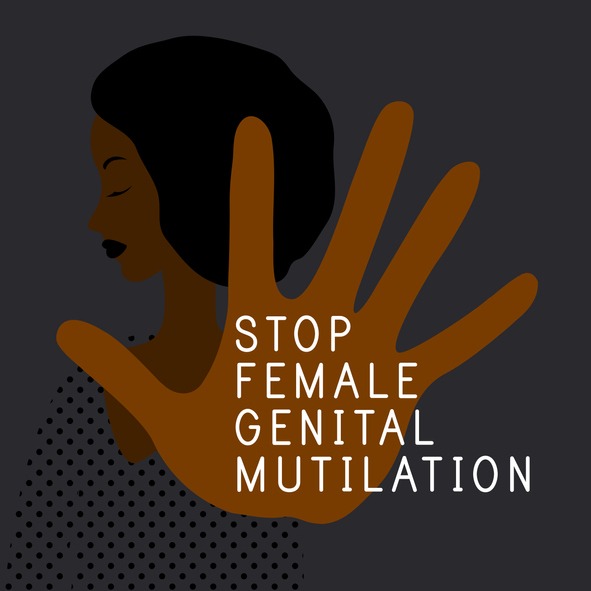
What should you do if you suspect someone has been recently cut or is at risk of FGM? Find out the steps to take below
CREDIT: This is an edited version of an article that originally appeared on Practice Index
Roughly 200 million girls and women across the globe have experienced some form of female genital mutilation (FGM), with many undergoing this practice before reaching the age of 15. Despite being internationally acknowledged as a violation of human rights, FGM persists due to various reasons. Irrespective of the location or method of its execution, FGM inflicts severe physical and psychological harm.
What constitutes FGM?
Female genital mutilation encompasses all procedures involving the partial or complete removal of external female genitalia or causing injury to the female genital organs for non-medical motives. It is most commonly performed on young girls, ranging from infancy to their teenage years. It is crucial to bear in mind that regardless of the particular form it takes, FGM fundamentally violates the essential human rights of girls and women, including their entitlements to health, safety, and dignity.
How does FGM pose risks?
FGM offers no health advantages whatsoever and can result in significant, enduring complications and even mortality. Immediate health hazards encompass haemorrhage, shock, infection, transmission of HIV, urinary retention, and excruciating pain.
Psychologically, the repercussions can span from eroding a girl’s trust in her caregivers to fostering enduring feelings of anxiety and depression.
In adulthood, females subjected to FGM face heightened risks of infertility or complications during childbirth, including postpartum haemorrhage, stillbirth, and early neonatal demise.
Does FGM happen in the UK?
FGM has been illegal in the UK since 1985 and is considered a form of child abuse. However, it’s only been tracked by the NHS since 2015 so it’s hard to accurately calculate the number of girls and women who have suffered FGM.
According to the statistics released by NHS Digital in July 2020, the worrying news is that there were 6,590 women and girls who had either had a procedure to treat their FGM or were identified as having undergone FGM previously when treated between April 2019 and March 2020.
Legislation
Similar to numerous European nations, girls with familial roots in communities that practice female genital mutilation (FGM) face an elevated threat of undergoing FGM themselves, especially during the summer vacation period when they might be taken abroad for the procedure. Within the UK, those who carry out FGM can be subjected to penalties that include imprisonment for up to 14 years, while individuals convicted of neglecting to safeguard a girl from FGM can potentially be incarcerated for up to seven years.
What to do if you are concerned
If you believe a girl has been recently cut, or is at imminent risk, it is important to act immediately and call 999. The police will assist with the next steps in support and management. An NHS guidance document sets out the steps to follow should you suspect there is a risk of FGM, or there is evidence of this happening to a patient. It’s vital to follow the steps set out here.



Be the first to comment